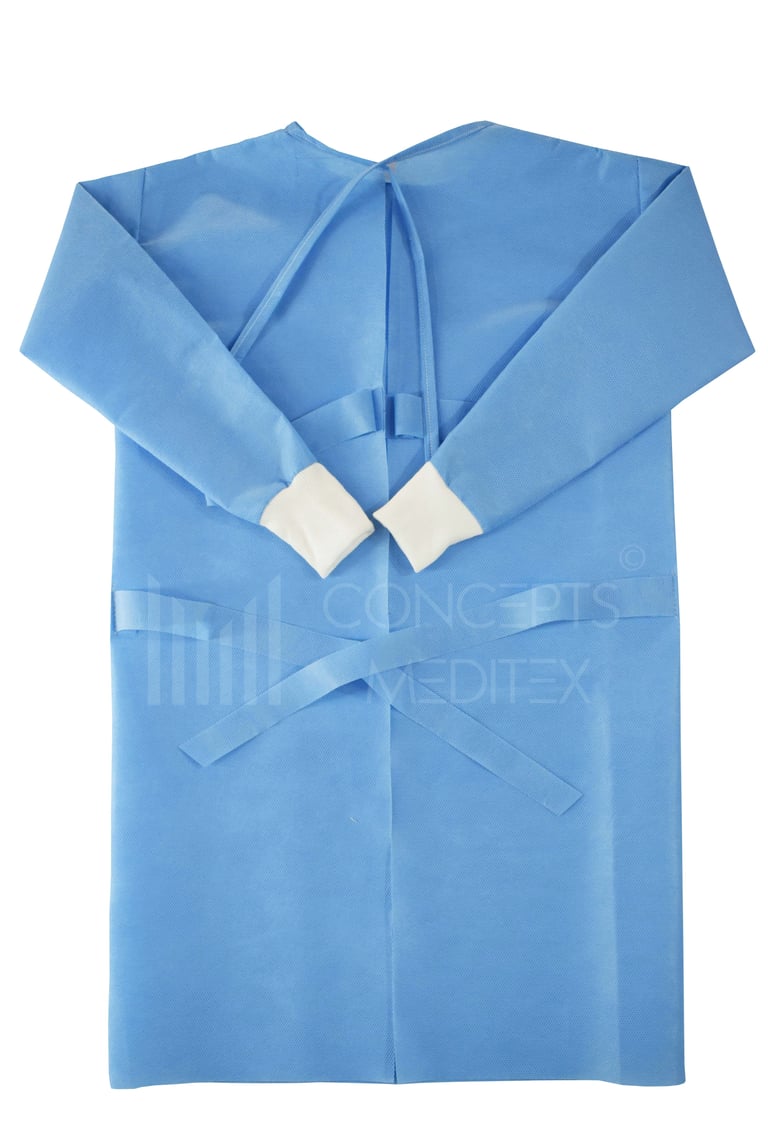Choosing the Right Surgical Gown for Specific Surgeries: A Comprehensive Guide


Understanding the Importance of Surgical Gowns
Surgical gowns play a critical role in maintaining a sterile environment during procedures. They protect both the patient and the healthcare professional from potential contaminants. Thus, selecting the appropriate surgical gown is not merely a matter of preference but a fundamental aspect of surgical safety and efficacy.
Types of Surgical Gowns Available
When choosing a surgical gown, it is essential to be aware of the various types available. Surgical gowns can be classified based on their intended use, level of protection, and material. Generally, gowns are categorized into three primary classes:
Standard Gowns: These gowns offer basic protection and are typically used in minor surgical procedures. They are made from lightweight materials that may not provide sufficient barrier protection in high-risk environments.
Impervious Gowns: Designed for high-risk surgeries, impervious gowns provide advanced barrier protection against blood, fluids, and contaminants. These are ideal for surgery involving extensive use of sharp instruments and fluids.
Reusable and Disposable Gowns: Reusable gowns are made from durable materials and can withstand multiple washes, while disposable gowns are designed for single-use. The choice between these options will depend on hospital protocols and the type of procedure.
Factors to Consider When Choosing Surgical Gowns
Several factors must be taken into account when selecting the right surgical gown for a specific surgery:
Level of Protection Required: The nature of the procedure will dictate the level of protection needed. For high-risk surgeries, opt for gowns that provide full coverage and barrier protection.
Material Quality: Surgical gowns should be made from breathable yet impermeable materials to ensure comfort without compromising safety. Non-woven materials are commonly used as they provide an effective barrier against fluids.
Fit and Comfort: The gown should fit well to avoid any restricted movement during surgery. Consider gowns with adjustable features to enhance comfort and fit.
Additional Features: Look for gowns with long sleeves, secure closures, and impermeable cuffs for added protection. Such features are especially important in surgical scenarios involving significant fluid exposure.
In summary, when selecting the right surgical gown for any specific surgery, it is crucial to evaluate various factors including the type of gown, the level of protection required, and specific features. By understanding the importance of surgical gowns and carefully considering the options available, healthcare professionals can significantly contribute to safe surgical practices and improved patient outcomes.
